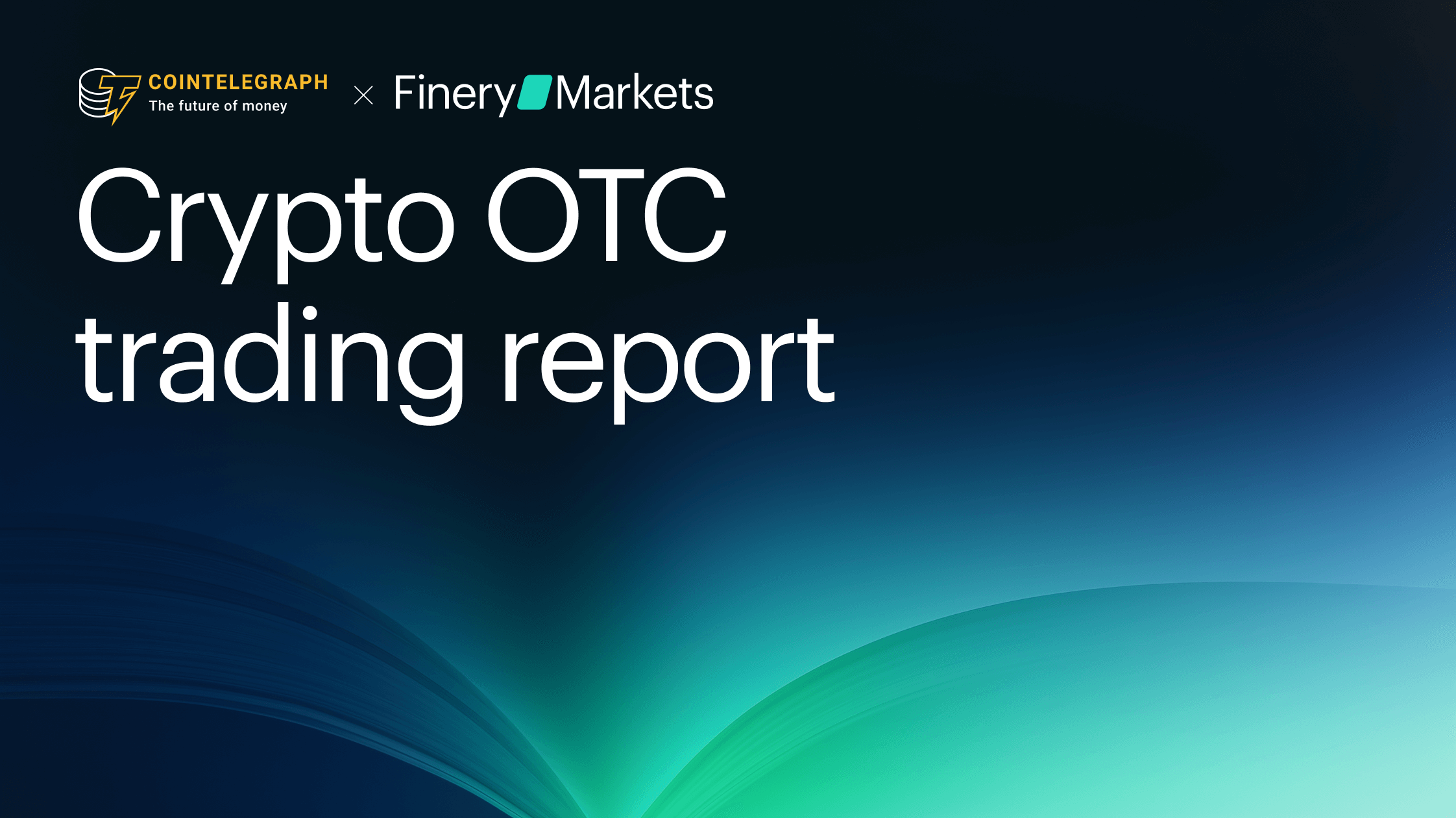- Bitcoin recovers above $105K following DeepSeek AI-driven volatility. Analysts describe initial market reaction as overblown.
- Stablecoin market capitalization surpasses $200B, signaling increased liquidity that could support further crypto market growth.
- Scott Bessent confirmed as Treasury Secretary, reinforcing expectations for a more crypto-friendly regulatory stance.
- MicroStrategy raises $563M through preferred stock issuance, securing additional capital for Bitcoin acquisitions.
- Grayscale launches Dogecoin Trust, highlighting DOGE’s increased adoption and potential role in financial inclusion.

Bitcoin Rebounds Amid DeepSeek AI Concerns and Fed Rate Decision
Bitcoin has rebounded above $105,000 following a volatile weekend driven by concerns over DeepSeek AI’s latest advancements. The market initially reacted sharply to the launch of DeepSeek’s Janus-Pro-7B, an open-source multimodal AI model, triggering widespread liquidations and heightening uncertainty about AI’s impact on financial markets. However, analysts have since downplayed fears of disruption, emphasizing that DeepSeek’s innovations highlight cost efficiencies rather than pose an immediate threat to established players in the tech and finance sectors.

The sharp market reaction led to approximately $860 million in liquidations across crypto markets, while tech stocks, particularly NVIDIA, saw a significant $600 billion drop in market capitalization. Despite this turbulence, institutional investors have reassessed the implications of DeepSeek’s model, with many arguing that AI-driven advancements will complement, rather than destabilize, existing financial and trading infrastructures. As sentiment stabilized, crypto assets regained momentum, demonstrating the resilience of institutional and retail interest in digital assets.

Bitcoin’s recovery also coincided with the Federal Reserve’s latest policy decision to maintain interest rates between 4.25% and 4.5% due to persistent inflationary pressures. While the initial announcement caused brief selling pressure, the market rebounded following comments from Fed Chair Jerome Powell, who reassured that U.S. banks could continue serving crypto clients as long as they effectively manage associated risks. Powell’s statements provided further clarity on regulatory intent, reinforcing institutional confidence in the long-term viability of digital assets within the financial system.
Stablecoin Market Surges Past $200B, Signaling Potential Growth Ahead
The total market capitalization of stablecoins has surpassed $200 billion, marking a significant milestone that could signal further price appreciation in the broader crypto market. Since early November, when Donald Trump secured victory in the U.S. presidential election, the stablecoin market has expanded by $37 billion, according to CryptoQuant. This surge in liquidity suggests growing capital inflows, as traders use stablecoins to preserve value and efficiently switch between digital assets. Historically, stablecoin growth has often preceded bullish momentum in the crypto market.

Tether (USDT) remains the dominant player in the sector, with its market capitalization rising to $139 billion, reflecting a 15% increase since November. Meanwhile, Circle’s USDC has grown at an even faster pace, expanding 48% to reach $52.5 billion. According to CryptoQuant, USDT’s liquidity change on a 30-day basis has turned slightly positive after a period of contraction, while USDC’s liquidity has surged 20%—its fastest growth rate in a year. These trends suggest that stablecoins are increasingly being deployed back into the market, a potential catalyst for further asset appreciation.
Bitcoin has already climbed over 50% in the same period, while the total crypto market capitalization has expanded from $2.2 trillion to $3.5 trillion, according to TradingView. CryptoQuant analysts suggest that the expanding stablecoin supply could act as a "liquidity impulse," fueling the next leg of growth for digital assets. If this trend continues, capital reallocation from stablecoins into crypto assets could sustain upward momentum across the market.
Senate Confirms Scott Bessent as Pro-Crypto Treasury Secretary
The U.S. Senate has confirmed Scott Bessent, a billionaire hedge fund manager and known advocate for digital assets, as the new Treasury Secretary, replacing Janet Yellen. Bessent’s appointment signals a shift toward a more crypto-friendly regulatory approach, as he joins the Presidential Working Group on Digital Asset Markets to help craft a federal framework for cryptocurrency oversight. His stance against a U.S. central bank digital currency (CBDC) and his belief in the long-term viability of the crypto economy align with the broader economic policies of the Trump administration, emphasizing innovation and deregulation.
Industry leaders, including Ripple CEO Brad Garlinghouse, have welcomed Bessent’s appointment, expressing optimism that his leadership could introduce policies that foster responsible crypto growth while maintaining regulatory clarity. His confirmation is viewed as a pivotal moment for the industry, setting the stage for further pro-crypto policy shifts under the Trump administration. Many see this as the first in a series of potential moves aimed at integrating digital assets more effectively into the broader financial system.
MicroStrategy Secures $563.4M to Expand Bitcoin Holdings
MicroStrategy has successfully raised $563.4 million through the sale of 7.3 million shares of its 8% Series A perpetual strike preferred stock (STRK), significantly exceeding its initial target of 2.5 million shares. The offering, priced at $80 per share, will fund the company’s ongoing Bitcoin acquisition strategy. As of January 27, MicroStrategy’s Bitcoin holdings reached 471,107 BTC, valued at over $46 billion. The perpetual preferred stock, which has no maturity date, will provide fixed dividends at an annual rate of 8%, payable in cash, Class A common stock, or a combination of both at the company’s discretion.

The strong demand for MicroStrategy’s preferred stock highlights investor confidence in its Bitcoin-centric strategy. According to Benchmark senior equity analyst Mark Palmer, the ability to convert these shares into common stock adds an element of volatility and optionality that is not typically available in preferred stock investments. MicroStrategy continues to leverage equity and debt financing to accumulate more Bitcoin, reinforcing its long-term commitment to digital assets.
Mizuho Securities remains bullish on MicroStrategy's stock, predicting that Bitcoin’s price could rise by another 30% over the next three years. Their projections suggest MicroStrategy's BTC holdings could reach 783,000 BTC at a market price of $166,000 per coin by the end of 2027, implying a valuation of $130 billion. Currently, MicroStrategy's stock (MSTR) trades around $345 per share, with a market capitalization of approximately $85 billion. Over the past year, MSTR has surged nearly 600%, reflecting strong investor sentiment and growing institutional adoption of Bitcoin.
Grayscale Launches Dogecoin Trust Amid Growing Institutional Interest
Grayscale Investments has introduced the Dogecoin Trust, offering accredited investors exposure to DOGE in a structured, share-based format. The firm describes Dogecoin as more than just a memecoin, citing its accessibility, affordability, and transaction speed as factors contributing to its role in global financial inclusion. DOGE, originally created as a joke in 2013, has since grown into the largest memecoin and the eighth-largest cryptocurrency, boasting a market capitalization of over $50 billion.
The launch coincides with renewed enthusiasm for Dogecoin, fueled in part by the formation of the Department of Government Efficiency (DOGE) under U.S. President Donald Trump. Led by Tesla CEO and longtime DOGE advocate Elon Musk, the White House initiative is reportedly exploring blockchain applications for federal government systems, including tracking expenditures and streamlining payments. While these discussions remain in their early stages, the initiative has sparked speculation on Dogecoin’s broader utility.
Meanwhile, institutional interest in DOGE is gaining traction, with Bitwise recently filing an S-1 registration for a spot Dogecoin ETF. Osprey Funds and Rex Shares have also submitted similar proposals, reflecting increasing demand for diversified crypto investment vehicles. While Bloomberg ETF analyst Eric Balchunas suggests that “today's satire is tomorrow’s ETF,” skepticism remains. Analysts like Louis Sykes argue that Wall Street favors assets with more structured financial utility, suggesting that a Solana ETF is more likely to launch before Dogecoin gains full institutional acceptance.


























